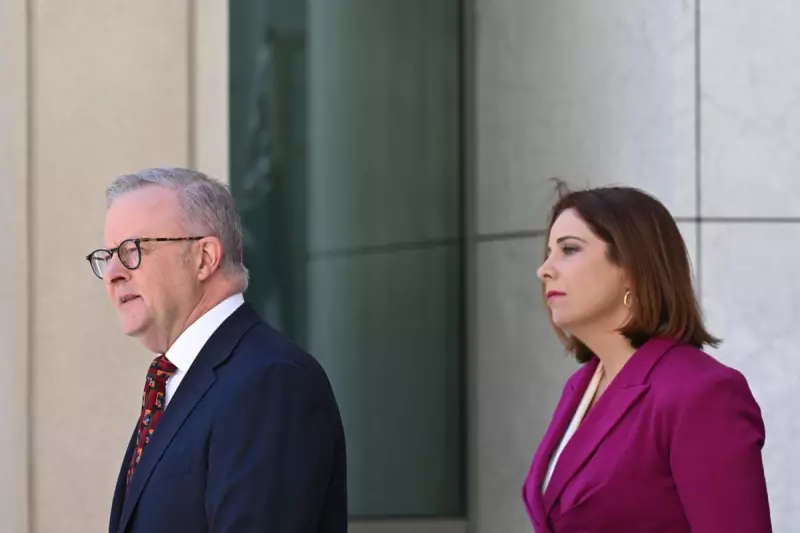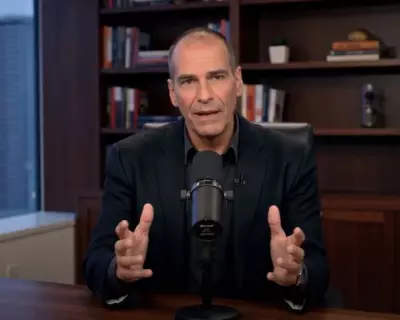
Australia's ambitious plan to ban under-16s from social media platforms faces significant implementation challenges as the 10 December enforcement date rapidly approaches. Communications Minister Anika Wells, promoted to the role by Prime Minister Anthony Albanese after the May election, has openly acknowledged that the government 'aren't chasing perfection' with the controversial legislation.
Rushed Legislation and Last-Minute Changes
The social media ban was originally rushed through parliament in November 2024, receiving only a four-hour inquiry before being passed on the final sitting day of the year. Both major parties showed remarkable eagerness to speed the contentious bill through, with the legislation enjoying bipartisan support from Anthony Albanese down to Opposition Leader Sussan Ley.
Despite this political unity, the government has been making last-minute additions to the scheme. With just 19 days remaining before the laws take effect, streaming platform Twitch was added to the list of companies facing potential fines of up to $50 million if they fail to prevent children from accessing their services.
Tech Companies Scramble for Compliance
Major social media platforms including YouTube, TikTok, Snapchat, and X are racing against time to establish age verification systems that comply with the new requirements. The legislation will require all Australian social media users to prove their age, not just those under 16, creating potential complications for millions of users.
Meta, owner of Facebook and Instagram, has issued warnings about the challenges ahead. The company stated it expects 'a margin of error both above and below when attempting to estimate age', suggesting some children might slip through the net while legitimate adult users could be mistakenly blocked.
Expert Warnings and Government Response
Professor Axel Bruns from Queensland University of Technology's Digital Media Research Centre has expressed serious doubts about the feasibility of the government's approach. 'Age verification technology doesn't exist in the way the government wants it to exist,' Bruns warned, highlighting particular concerns about facial-scanning technology's accuracy with older people, non-Caucasian users, and female-presenting individuals.
Shadow Communications Minister Melissa McIntosh has criticised what she calls the government's 'last-minute scramble' to finalise the list of included platforms. Meanwhile, Minister Wells has set the bar at making 'a meaningful difference' rather than achieving perfection, emphasising that the issue is too important not to attempt reform.
The government stresses that the onus remains on platforms to establish systems satisfying the new laws and requires tech companies to provide dispute mechanisms for adults who might be incorrectly caught by the age verification systems.
With parliament having risen for the year before the laws take effect, any initial problems with implementation will play out over the summer holiday period, potentially limiting immediate political fallout for the government.





